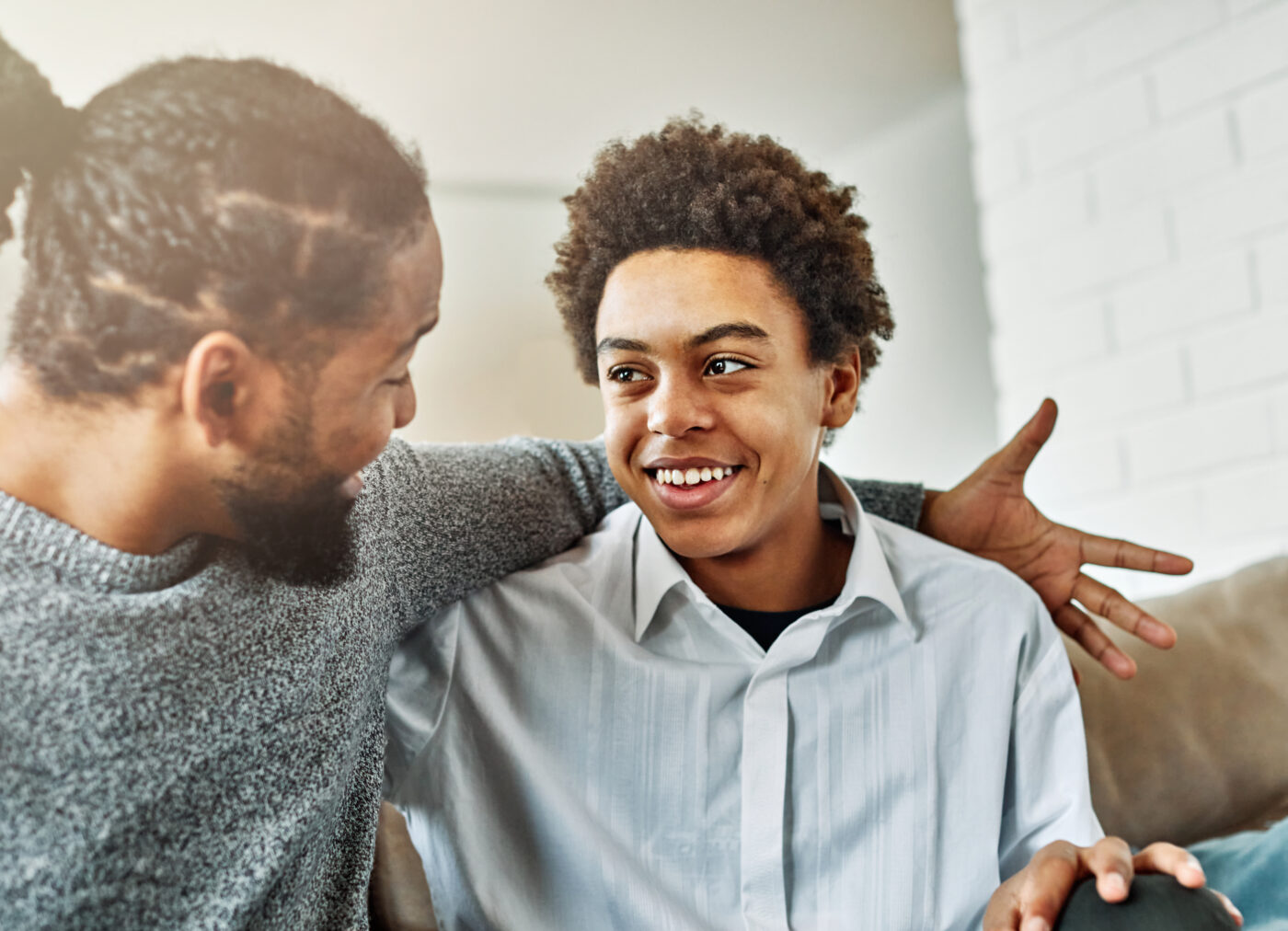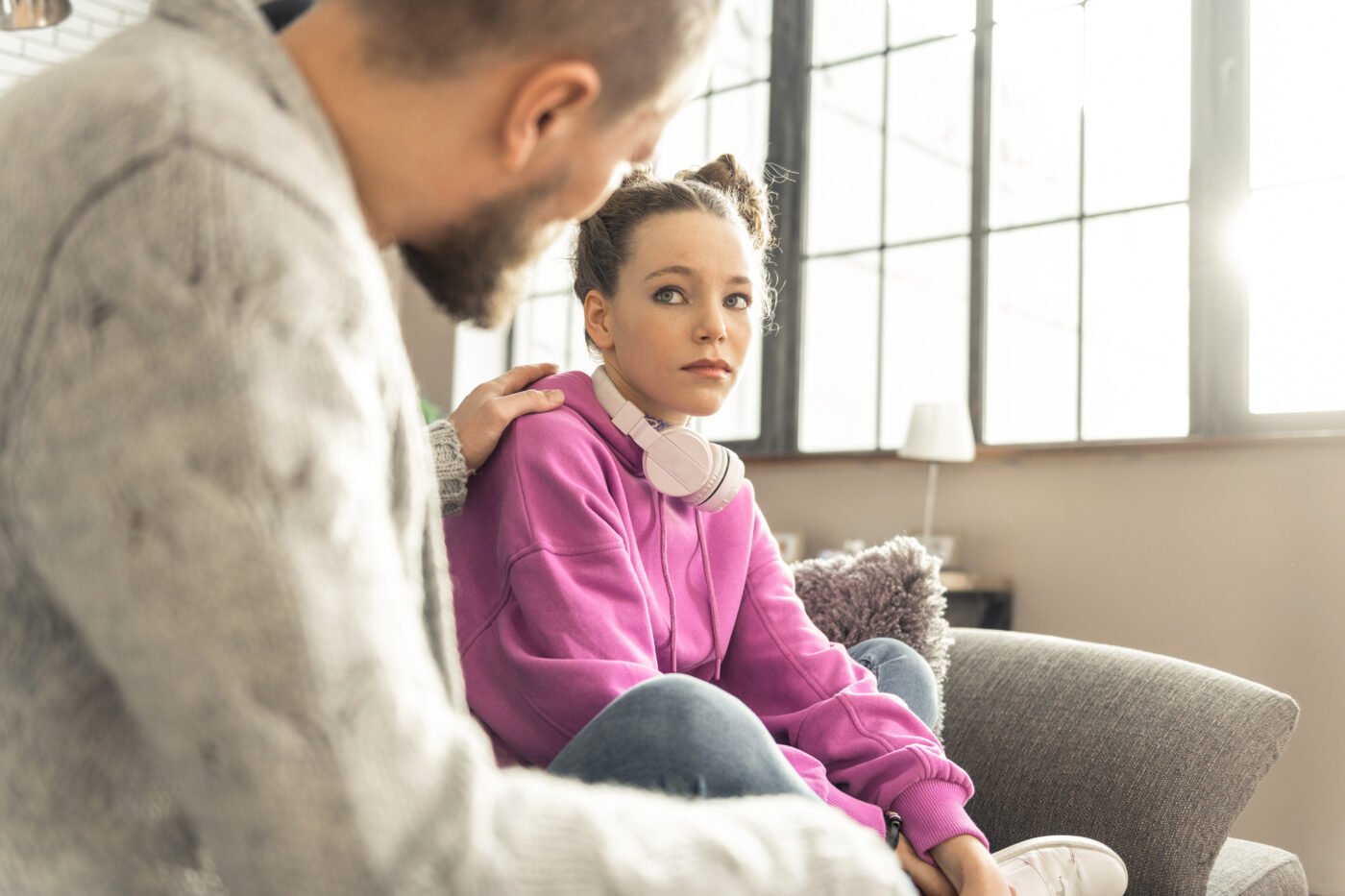Carolina Aparicio, a Boston University junior from Los Angeles, met TJ in a Shakespeare class a year and 11 months ago. There was dinner and a movie. He paid. They’ve been together ever since.
Chloe Nolan , a sophomore from Boston, met Max at a party her freshman year in an old-fashioned, “Hi-my-name-is-Max” introduction — which was, she emphasizes, all that happened that night. She glows when she talks about him. “I’m hoping he’ll spring for Godiva tomorrow,” she says. Valentine’s Day will be the first anniversary of their first date.
In a culture where young women take pride in having guilt-free sex with partners they barely know, Nolan and Aparicio are rarities. They have genuine boyfriends, not hook ups.
“I don’t know anyone else who’s in a relationship, do you?” Nolan asks Aparicio. Nope, no one else.
Hooking up has come to define sexual relationships for most of today’s teens and young women. It can mean anything from kissing and touching to oral sex or intercourse. Vagueness is its hallmark. “A girl can say, ‘I hooked up with so-and-so,’ and no one knows what she did. It protects you and makes you a player at the same time,” says Aparicio, who admits to her share of high school hook ups.
So does Nolan, although she never liked the scene. “You feel hollow and empty the next day, hoping the guy will call or text, knowing he isn’t going to, and then pretending to yourself and your friends that you don’t care.”
Laura Sessions Stepp calls that denial “unhooked” — as in, the only thing hook ups have in common is the ability to unhook at any time. “Unhooked” is the title of her new book, but she doesn’t mean it only in a physical sense. Hooking up also causes young women to be emotionally unhooked from a partner and from themselves.
“Girls can have feelings even from the most casual hook ups, whether they want to or not, and they aren’t learning what to do with them,” says Stepp, whose book — subtitled “How Young Women Pursue Sex, Delay Love, and Lose at Both” — arrives in bookstores this week.
The most benign fallout from being unhooked is that young women delay dating and marriage. “The problem with that is they pick up a lot of bad habits that makes it hard to sustain a long-term commitment, like not being able to trust or share or know how to disagree and make up,” Stepp says. More seriously, being unhooked can lead to depression, alcohol abuse, anorexia, and emotional disturbance.
What young women don’t count on is oxytocin , a chemical produced in the brain to promote feelings of connection and love. Oxytocin is most commonly associated with breast – feeding; it’s what helps a mother bond with her infant. But it’s also produced to lesser degrees during sex. The more intense the sex, the more oxytocin. Males also get a dose of it from sex, but they get a bigger dose of testosterone, which suppresses the oxytocin.
“So there’s a logical explanation for why girls are in turmoil after a hook up and boys are not,” Stepp says. A Washington Post reporter, she took a leave to follow nine women for a year — a group at Duke University, one at George Washington, and a third at a Washington, D.C., high school. Even though half were in a relationship for some of the time, they were also still hooking up with others. “The peer acceptance of the hook up culture is huge,” Stepp says.
The irony is that girls aren’t equipped to handle love.
“The C-word, commitment, is the dirty word,” Stepp says. “They see relationship as draining you of everything, most of all of your time: You’ll have no time for yourself, your girlfriends, your studies, your sports. They don’t want to fall in love because they have too many other things they want to do.”
Aparicio says friends at home think she’s weird to be in a monogamous relationship. Nolan’s relationship is enough of an anomaly among her friends that she says, “Some of them are curious about it — like it’s something foreign.”
Stepp is not prudish or unrealistic enough to call for an end to hook ups. “I want girls to stop and think about what they are doing, and where it’s going to lead them,” she says. “Most girls say they want to be in love eventually, they want to marry eventually. My question is, Will hooking up get you there?”
Neither Nolan nor Aparacio knows what the future holds for their relationships. Marriage? Probably not. Aparicio even admits that hook ups with no strings have some appeal. Not that she’s looking to break up.
“TJ isn’t just my boyfriend; he’s my best friend,” she says. To the question of whether she could ever go back to hook ups, Nolan is skeptical. “I enjoy being with someone who plays an important role in my life. Nobody our age has the capacity to deal with the strong emotions that come from random sex.”









